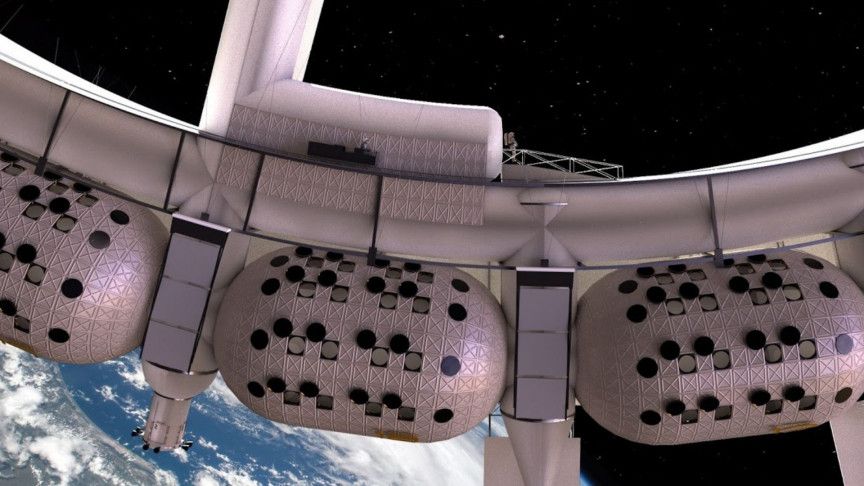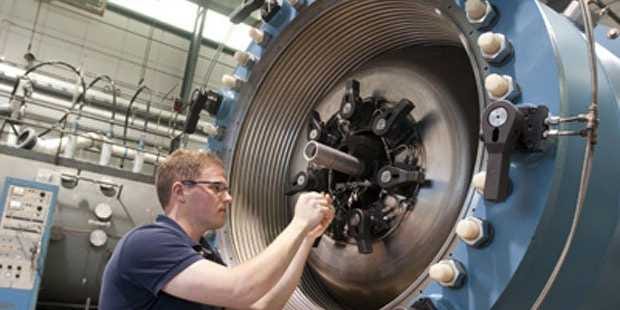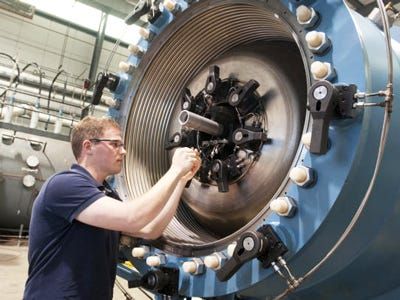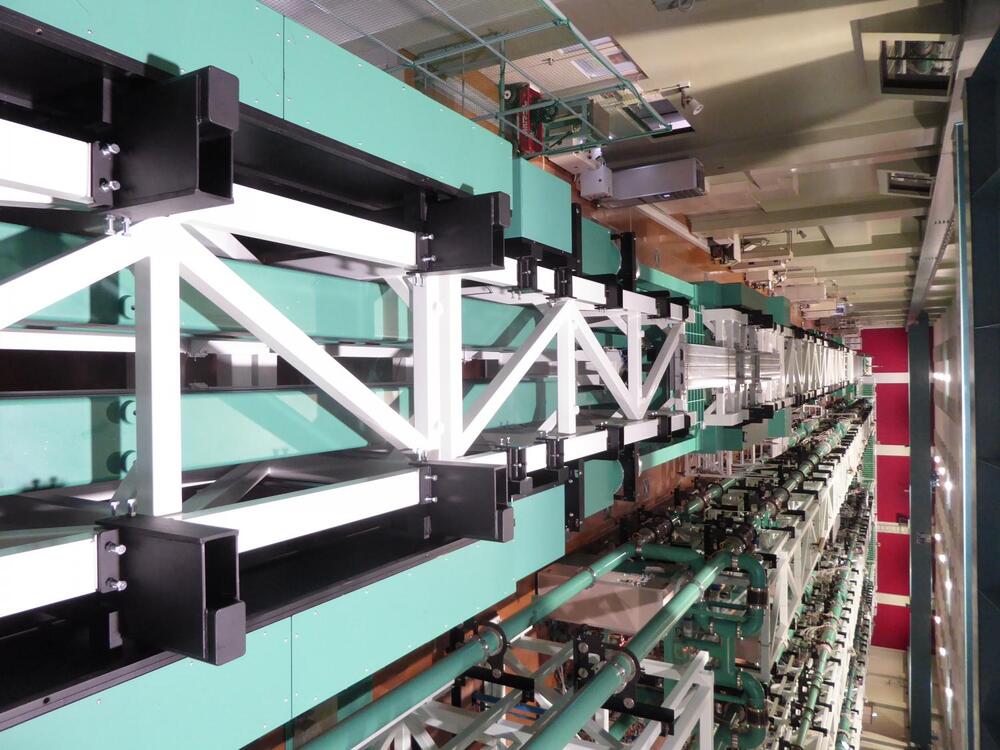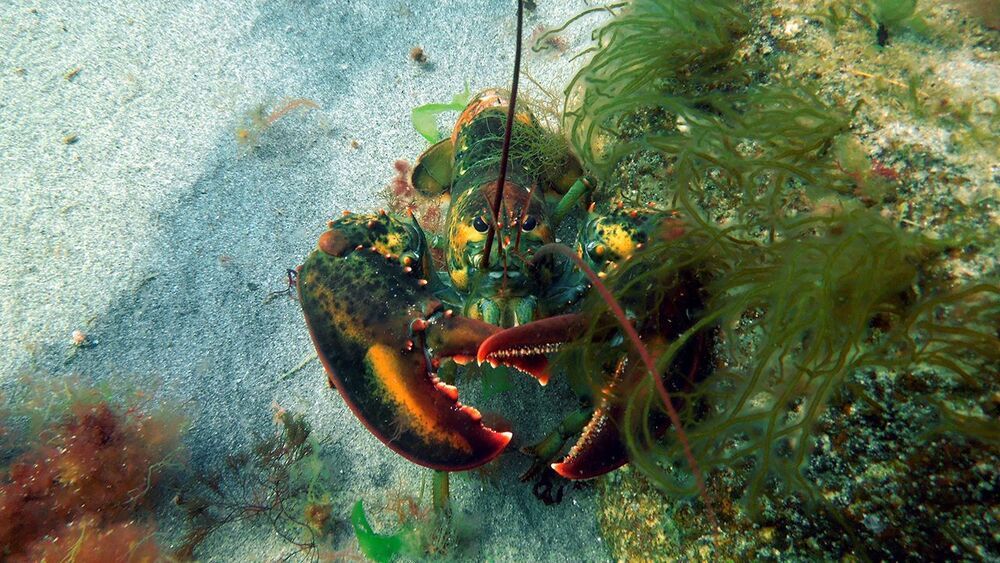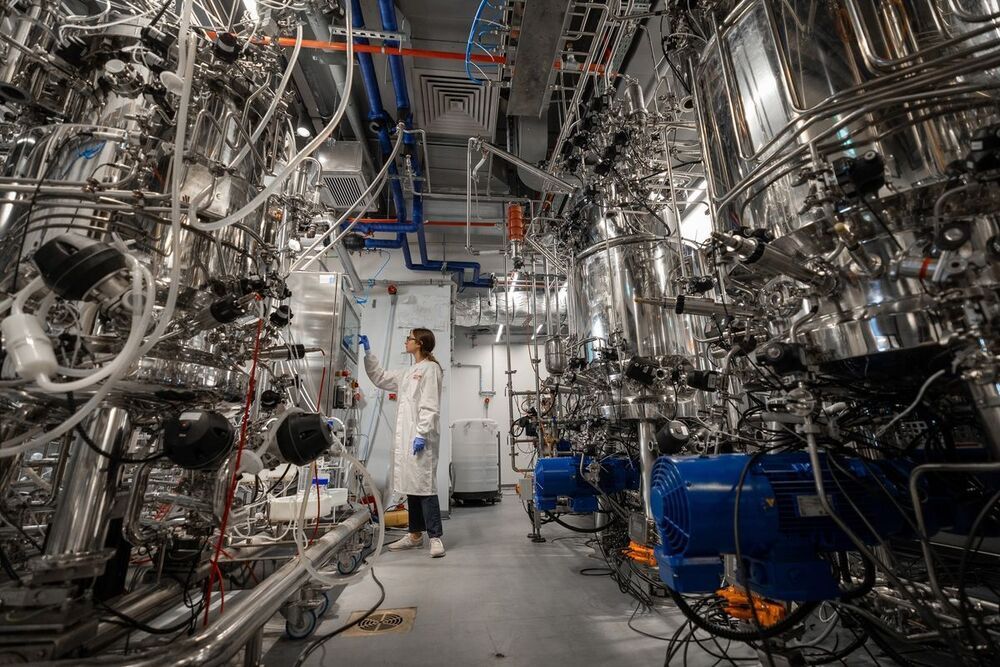In a study in Nature Plants, Yiping Qi, associate professor of Plant Science at the University of Maryland (UMD), introduces a new and improved CRISPR 3.0 system in plants, focusing on gene activation instead of traditional gene editing. This third generation CRISPR system focuses on multiplexed gene activation, meaning that it can boost the function of multiple genes simultaneously. According to the researchers, this system boasts four to six times the activation capacity of current state-of-the-art CRISPR technology, demonstrating high accuracy and efficiency in up to seven genes at once. While CRISPR is more often known for its gene editing capabilities that can knock out genes that are undesirable, activating genes to gain functionality is essential to creating better plants and crops for the future.
“While my lab has produced systems for simultaneous gene editing [multiplexed editing] before, editing is mostly about generating loss of function to improve the crop,” explains Qi. “But if you think about it, that strategy is finite, because there aren’t endless genes that you can turn off and actually still gain something valuable. Logically, it is a very limited way to engineer and breed better traits, whereas the plant may have already evolved to have different pathways, defense mechanisms, and traits that just need a boost. Through activation, you can really uplift pathways or enhance existing capacity, even achieve a novel function. Instead of shutting things down, you can take advantage of the functionality already there in the genome and enhance what you know is useful.”
In his new paper, Qi and his team validated the CRISPR 3.0 system in rice, tomatoes, and Arabidopsis (the most popular model plant species, commonly known as rockcress). The team showed that it is possible to simultaneously activate many kinds of genes, including faster flowering to speed up the breeding process. But this is just one of the many advantages of multiplexed activation, says Qi.
